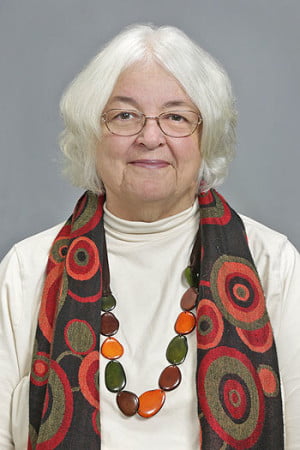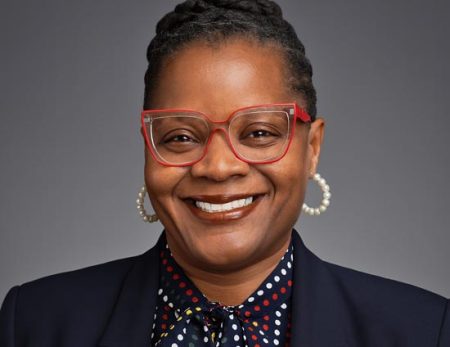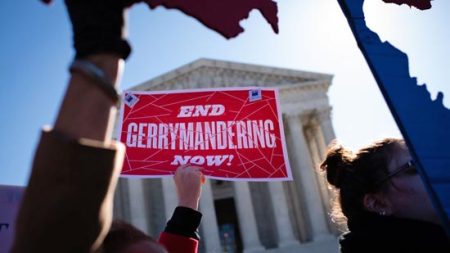Government, Leadership, and the People

Photo: Tim Barnwell
Legislative News by Nelda Holder –
I have written this column on state government on behalf of The Urban News for several years.
My goal has been to connect the dots: you, the readers, vote for candidates who will represent you at the Statehouse in Raleigh or through the governorship and council of state. You are the most important dots. Don’t ever forget that.
Because over the next few months, voting will have to be a primary focus in this state and country. While we are doing hand-to-hand battle with a pandemic that is perhaps as threatening as any calamity to befall this country, we are being called upon to also be patriots.
That means that we must find a way to maintain our civil government in the midst of all this and elect a national president, a US senator, US representatives, a governor of the state, the entire slate of governing officers, and the representatives of our individual districts who will comprise the NC General Assembly.
It is a heavy duty, because now we should all see very clearly just how important these leaders can be to us individually. Leadership in a time of such crisis may reaffirm our prior judgment in voting, or may cause us to study carefully the capabilities of those individuals whose names appear on the ballot.
One thing is certain. As Americans, we are all being called on at this moment to make certain that NOTHING prevents us from our solemn duty to vote in November. Not a pandemic. Not a short-circuit in federal leadership. Not any attempt to “rearrange” the tenure of government.
By federal statute, a general election is held every two years in the United States on the Tuesday after the first Monday in November. In 2020, that will be November 3. So keep your eye on that date and this column. We will do our best to explain how the state of North Carolina intends to guarantee the maximum participation possible by voters in the general election. In the event voting at public polling places is problematic, we will explain all your options.
Your job, right now, is to listen to and read about various candidates and start making your leadership picks. Because now we see how utterly important choosing candidates can be.
Will the NC General Assembly Assemble?
Our current General Assembly is due to reconvene on Tuesday, April 28, 2020. There is much to be done, but at a time of peril regarding gatherings of people, there is also much uncertainty about how to do it. We turned to 16-year veteran Rep. Susan Fisher of Buncombe County with questions about the situation.
Question: What is the current thinking/status of reconvening on the 28th?
Fisher: I am aware that leadership is having this discussion with the House Principal Clerk. I don’t know that they have come to any agreements on what reconvening during the pandemic would look like. But, they’re talking about things like having us come in a few at a time to vote using social distancing and then leaving. I don’t have any information about the Senate’s approach.
Q: Do you see any glimmer that, IF it reconvenes, this Legislature will finally address expanding Medicaid, particularly in the current health climate/crisis?
Fisher: I honestly don’t anticipate that discussion taking place if we reconvene the 28th or later. Also, the Senate (Senator Berger) was pretty dug in in its refusal to take it up. It’s going to take another election to make those kinds of changes.
Q: As a state leader, what would you like to see happen to our voting capacity in November?
Fisher: My hope is that we don’t delay in making plans for what will likely be the second wave of Covid-19 in the fall, since a vaccination is not anticipated by then. So, anything that would help North Carolina have the capacity to issue and count absentee ballots or provide some hybrid of in-person/socially distanced voting and mail-in/absentee voting is going to be necessary.
Q: What other concern would you like to address regarding the pandemic?
Fisher: I am concerned at the moment about how to keep our children on track in this new virtual learning environment. One thing we should look at, along with rural broadband expansion, is making sure students in urban/low-income housing don’t have their wi-fi discontinued for lack of payment. This is a utility just like electricity or water.
Today, if a family is behind on their wi-fi payment, a student may have an iPad but no way to use it, even in an urban/suburban setting. That gets back to the vulnerability-according-to-zip code dilemma. The Spectrums and Charters of the world should be saying that during this emergency pandemic your wi-fi connectivity will not be turned off.
The Current State of the State
Since his executive order on March 14, 2020 prohibiting mass gatherings and closing the state’s public schools, Governor Roy Cooper has frequently updated the state as the coronavirus emergency has developed. Currently, the following stay-at-home order is in effect:
Stay-At-Home Order and Exceptions
A statewide stay-at-home order (until April 29) was issued on March 27 in an attempt to slow down the spread of COVID-19. The order limits what residents may do and has the force of law in all 100 counties. The order also permits specific businesses and activities to continue.
Note that social distancing—keeping six feet from others at all times—is required by the governor’s Executive Order; in addition, wearing some form of cloth covering the mouth and nose—a mask, bandanna, or scarf, for example—is recommended by the federal Centers for Disease Control.
Limited
- gatherings are limited to 10 people;
- individuals must stay home except for visiting essential businesses (see list below), helping a family member, or exercising outdoors.
- essential businesses may operate with prioritized social distancing measures (staying six feet apart)
Permitted
These are considered essential businesses that may remain open:
- restaurants that provide take-out, drive-through, or delivery;
- grocery stores and farmers markets;
- ABC stores and beer and wine stores;
- doctors, healthcare providers, and pharmacies;
- post offices;
- hardware stores and office supply stores;
- veterinarians and pet supply stores;
- hotels, airlines, buses, taxis, and rideshare services;
- places of worship (limit of 10 people).
So as of March 30, you may:
- go to your job at healthcare facilities, grocery stores, essential governmental or infrastructure operations;
- engage in outdoor activity in parks and greenways (but not playgrounds), provided social distancing is maintained;
- take care of others (including transporting loved ones);
- volunteer with a charitable organization or social services.
Additionally, the State Board of Education has unanimously voted to:
- Reopen schools in May, if possible; at a minimum, grade students on work accomplished through the March 13 closing
- Drop the 20% end-of-course test requirement as part of student’s final grade
- Reduce graduation requirements, by:
- exempting seniors who have not completed CPR;
- awarding seniors who were meeting expectations in required classes a new “Pass COVID-19” grade (abbreviated as PC-19)
- giving additional remote support to meet expectations to students who were not passing as of March 13; if not met, they will receive a “Withdraw COVID-19,” abbreviated WC-19
- Create a new “state of emergency leave policy” for the month of April, making it easier for school employees to work from home, self-quarantine, or care for a sick family member
- Nix spending $1.2 million to extend the controversial Istation contract beyond March 31.
Nelda Holder is the author of The Thirteenth Juror – Ferguson: A Personal Look at the Grand Jury Transcripts.








